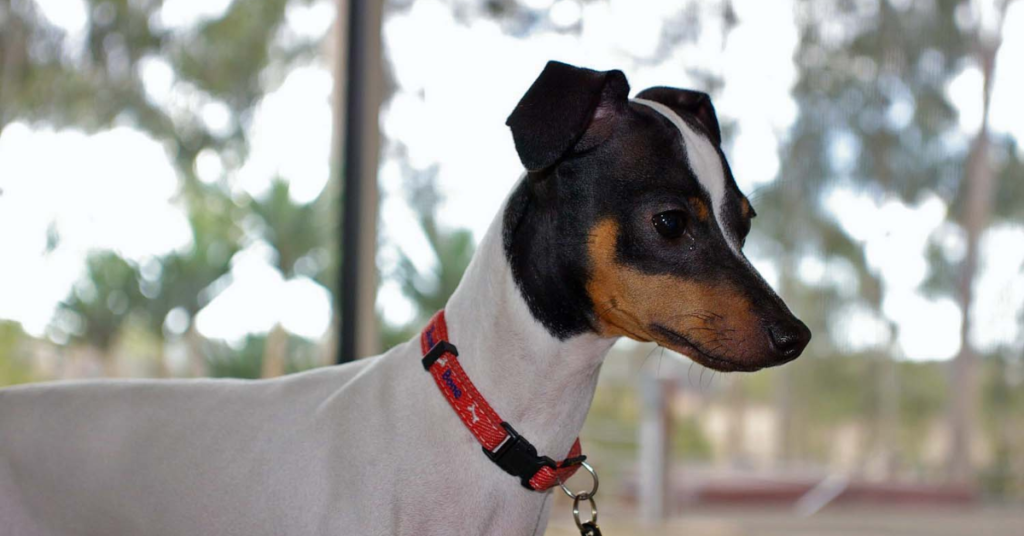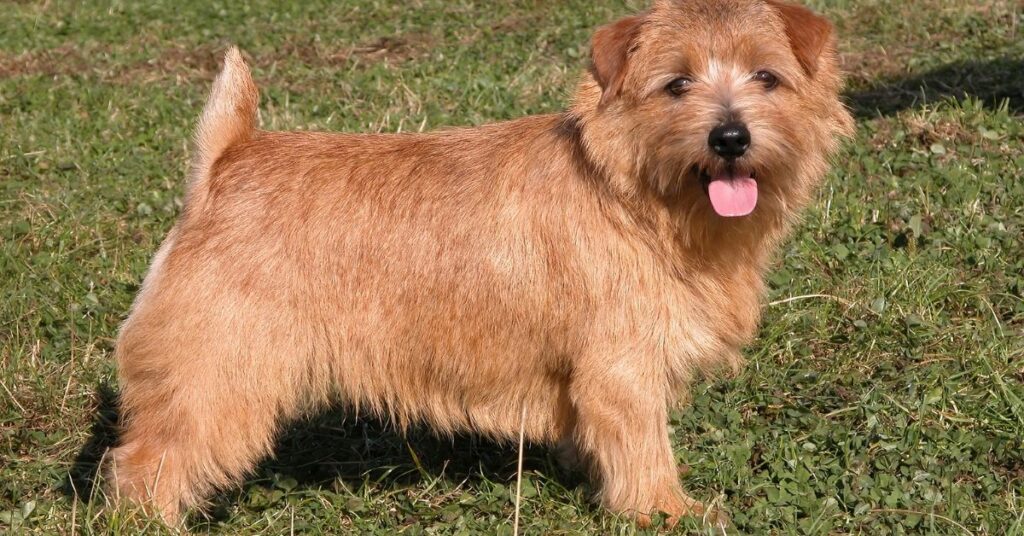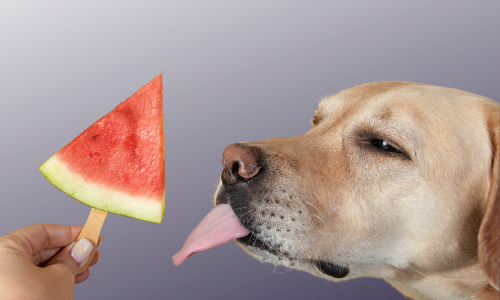The Japanese Terrier is a small, agile breed known for its lively personality and elegant appearance. Originating in Japan, this breed is cherished for its playful nature and loyalty to its family.
*Disclaimer: This Post May Contain Affiliate Links. This Means That I Receive A Small Commission At No Extra Cost To You Should You Click Through And Make A Purchase. Learn More On My Policy Page
Breed Characteristics
- Breed Category: Toy Group
- Size: Small
- Coat Length: Short and smooth
- Shedding: Low
- Hypoallergenic: No
- Grooming Requirements: Low; occasional brushing needed
- Life Span: 12-15 years
- Activity Level: Moderate
- Temperament/Personality: Lively, affectionate, intelligent
- Intelligence: Moderate
- Trainability: Moderate; responds well to positive reinforcement
- Space Requirement: Small; suitable for apartments
- Compatibility with Children & Other Pets: Good with proper socialization
- Health Issues: Prone to certain skin conditions and dental issues
- Nutrition Needs: High-quality diet suitable for small breeds
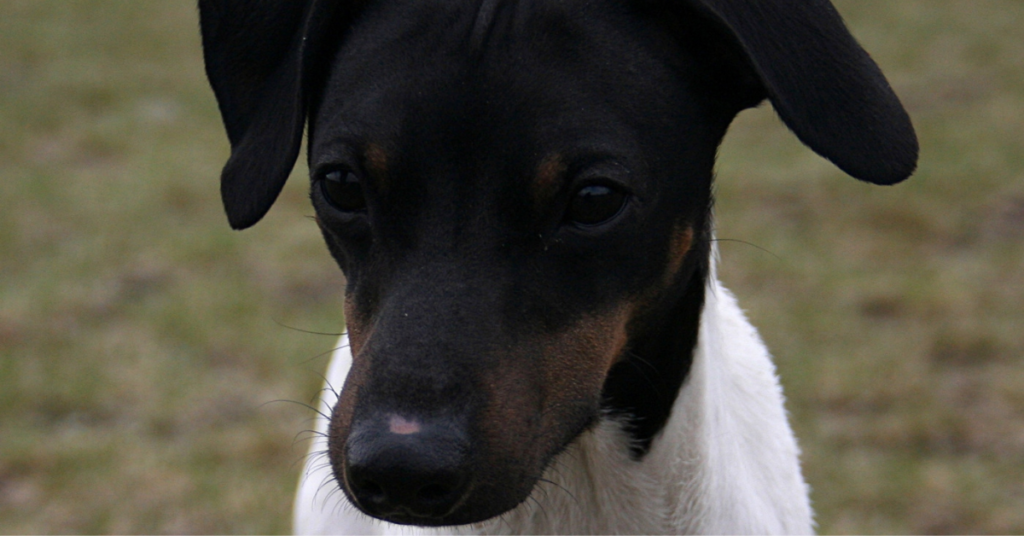
Origin and History
The Japanese Terrier originated in Japan during the early 20th century. This breed is believed to be a mix of the Miniature Pinscher and the Toy Fox Terrier, resulting in a small, agile, and energetic dog. The Japanese Terrier was originally developed for companionship and was popular among Japanese families. Its charming personality and compact size made it an ideal companion for urban living.
Appearance and Physical Characteristics
The Japanese Terrier is a small, well-proportioned dog with a slender, athletic build. Males typically weigh between 7 to 10 pounds, while females weigh slightly less. The breed stands about 8 to 12 inches tall at the shoulder. The coat is short, smooth, and predominantly white with black or tan markings. The Japanese Terrier has a sleek, elegant appearance with a slender neck, long legs, and a well-defined muzzle.
Temperament and Personality
Japanese Terriers are known for their lively and affectionate nature. They are playful and enjoy interacting with their family members. This breed is intelligent and eager to please, making it relatively easy to train. Japanese Terriers are good with children and other pets, especially when properly socialized from a young age. They are loyal and form strong bonds with their owners.

Pleple2000, CC BY-SA 3.0 https://creativecommons.org/licenses/by-sa/3.0, via Wikimedia Commons
Intelligence and Trainability
Japanese Terriers are moderately intelligent and respond well to training when positive reinforcement is used. They are quick learners but can sometimes be a bit stubborn. Consistent training and socialization are important to ensure they develop good behavior and social skills. The breed enjoys engaging activities and can excel in dog sports and obedience training.
Compatibility with Children and Other Pets
Japanese Terriers are generally good with children and other pets. Their playful and affectionate nature makes them a good match for families with kids. Proper socialization is essential to ensure they get along well with other animals. Japanese Terriers may have a strong prey drive, so supervision around smaller animals is advised.
Health and Nutrition
Japanese Terriers are generally healthy but may be prone to certain skin conditions and dental issues. Regular veterinary check-ups and a balanced diet are important for their well-being. A high-quality diet suitable for small breeds will help maintain their health and energy levels. Owners should monitor their weight and provide appropriate portion sizes to prevent obesity.
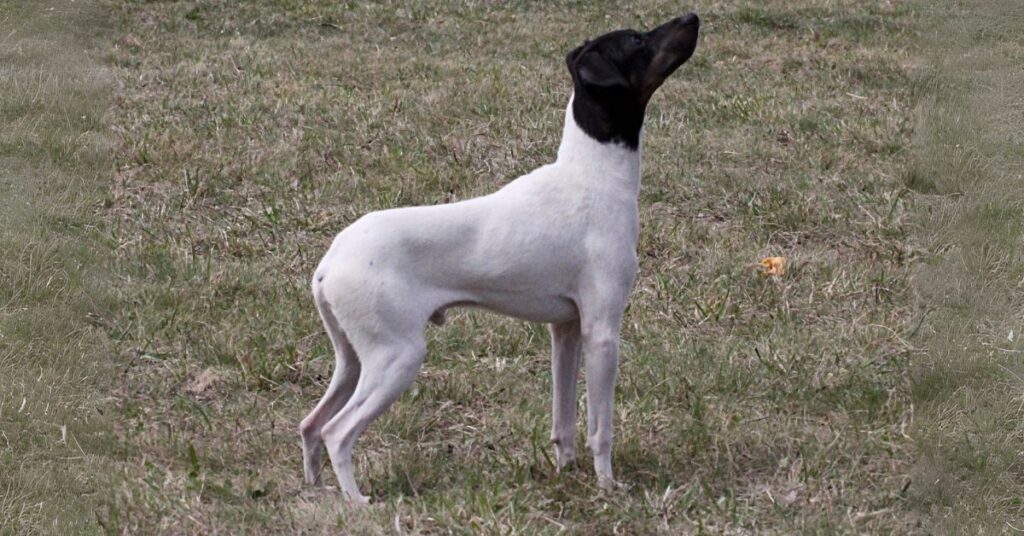
Exercise and Activity Level
Japanese Terriers have moderate exercise needs. They enjoy playtime and daily walks but are also well-suited for apartment living if they receive sufficient exercise. Engaging in interactive games and mental stimulation will help keep them happy and healthy. Regular physical activity is essential to prevent boredom and maintain their overall well-being.
Grooming Needs
The grooming needs of Japanese Terriers are minimal. Their short, smooth coat requires occasional brushing to remove loose hair and keep the coat healthy. Routine grooming tasks such as dental care, ear cleaning, and nail trimming are important to prevent common health issues. The breed’s coat is easy to maintain, making them a low-maintenance option in terms of grooming.
Training and Socialization
Early training and socialization are crucial for Japanese Terriers. They benefit from positive reinforcement techniques and consistent training practices. Socializing them with other dogs, people, and various environments will help them develop into well-adjusted adults. Japanese Terriers are sensitive and respond well to a gentle and patient approach to training.
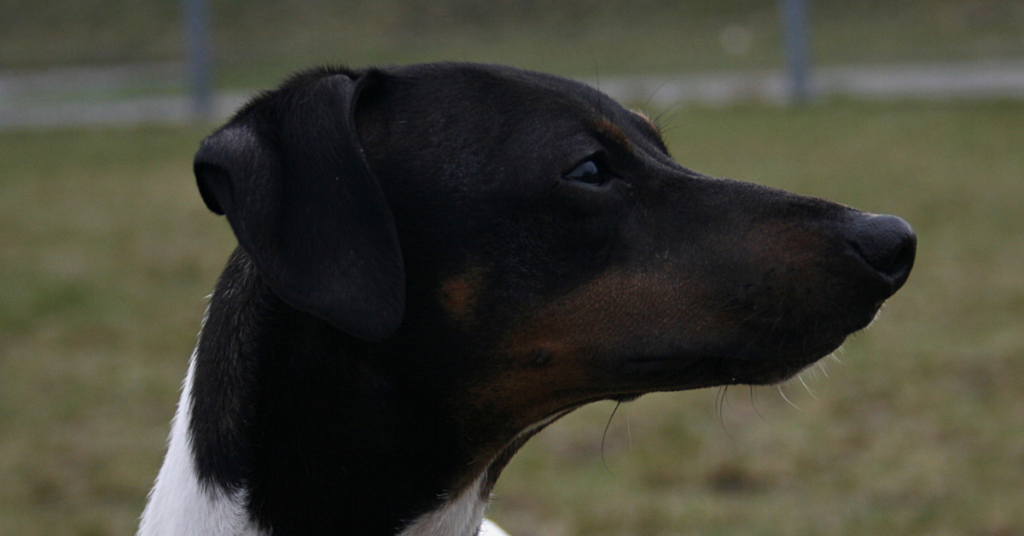
Pleple2000, CC BY-SA 3.0 https://creativecommons.org/licenses/by-sa/3.0, via Wikimedia Commons
Famous Japanese Terriers
The Japanese Terrier is a relatively rare breed but has gained recognition for its charming personality and elegance. While not widely known in the competitive dog show scene, the breed is cherished by enthusiasts for its unique qualities and affectionate nature.
Conclusion
The Japanese Terrier is a lively, affectionate, and intelligent breed that makes an excellent companion for families and individuals alike. With proper training, socialization, and care, a Japanese Terrier can be a loyal and delightful member of the family.


